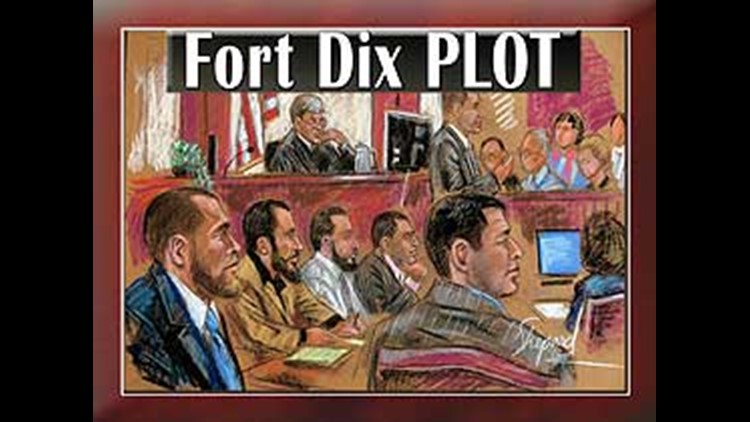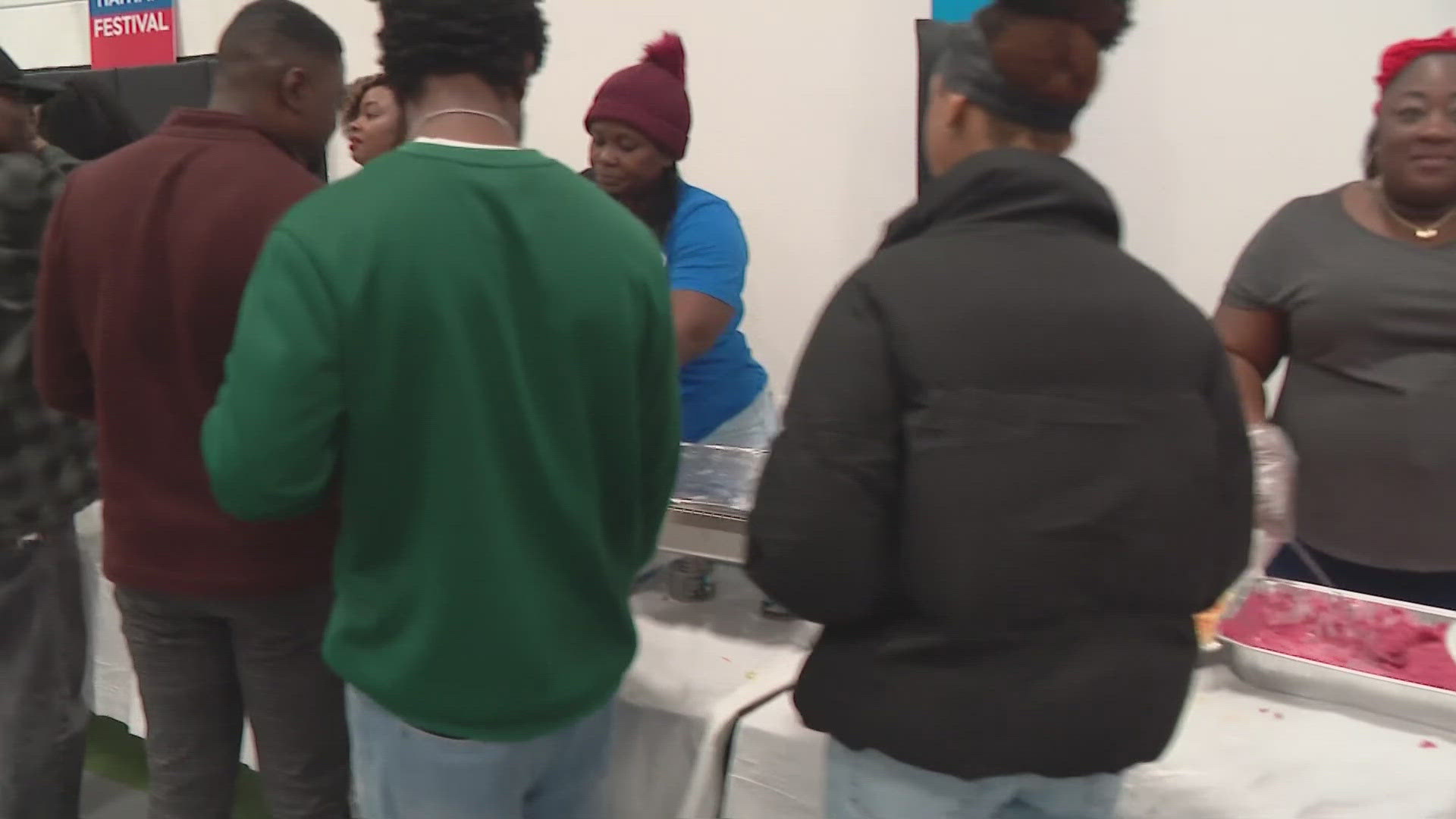The five defendants were found guilty Monday in federal court in Camden ofconspiring to kill military personnel. But they were acquitted of attempted murder afterprosecutors acknowledged the men were probably months away from an attack and did not necessarilyhave a specific plan.
Mohamed Younes, president of the Paterson, N.J.-based American Muslim Union,believed the case against the men was weak.
"I think they were acting stupid, like they thought the whole thing was a joke.They don't look like the type of people to do something like this," he said of the defendants.
The FBI asked two informants - both foreign-born men who entered the U.S. illegallyand had criminal records - to befriend the suspects. Both informants were paid and were offeredhelp obtaining legal resident status.
During the eight-week trial, the government relied heavily on information gatheredby the informants, who secretly recorded hundreds of conversations.
Prosecutors said the defendants bought several assault rifles supplied by the FBIand that they trekked to Pennsylvania's Pocono Mountains to practice their shooting. The governmentalso presented dozens of jihadist speeches and videos that the men supposedly used asinspiration.
Jim Sues, executive director of the New Jersey chapter of the Council onAmerican-Islamic Relations, attended five days of trial testimony.
"Many people in the Muslim community will see this as a case of entrapment," hesaid. "From what I saw, there was a significant role played by the government informant."
The defendants, who lived in and around Philadelphia for years, were Jordanian-borncab driver Mohamad Shnewer; Turkish-born convenience store clerk Serdar Tatar; and brothers Dritan,Eljvir and Shain Duka, ethnic Albanians from the former Yugoslavia who had a roofing business.
The men could get life in prison when they are sentenced in April. Four wereconvicted of weapons charges. A sixth man arrested and charged only with gun offenses pleadedguilty earlier.
Prosecutor William Fitzpatrick defended the government's handling of the case,telling the jury: "The FBI investigates crime on the front end. They don't want to have to do it onthe back end."
Sues said the case turned on the legal definition of conspiracy, which he saidproved to be far broader than he thought.
"The evidence showed there was no real, honest-to-God planning for an attack on Fort Dix," hesaid. "The defendants were never all in a room at one time with a map of the fort, plotting whatthey were going to do."



